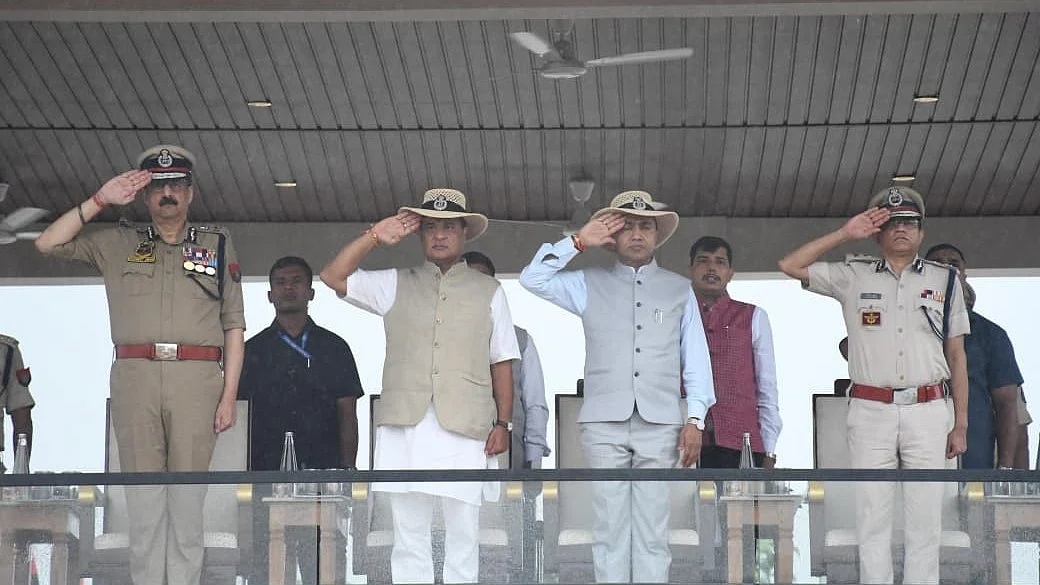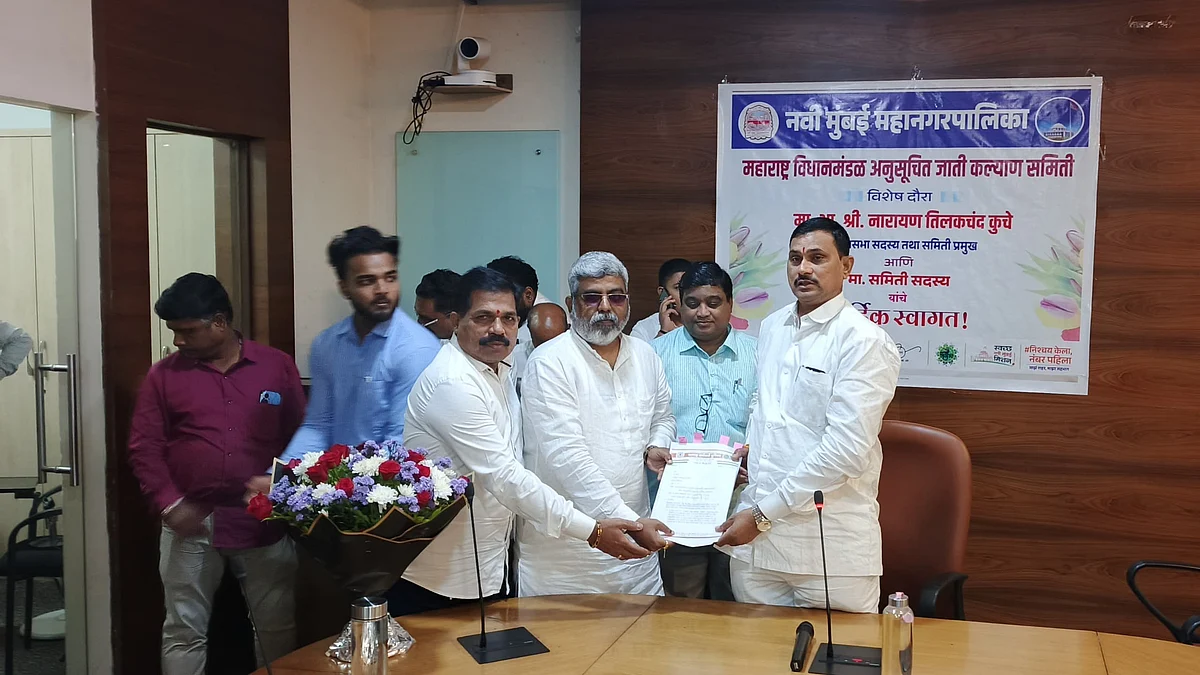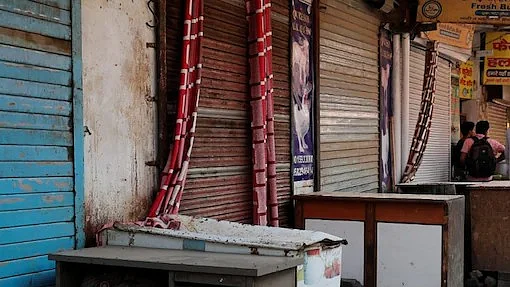Mumbai: The SC has acquitted a man who had been sentenced to death for the rape and murder of a 23-year-old woman in 2014. The court’s ruling on Tuesday overturned the Bombay High Court's decision, citing significant flaws in the prosecution's case according to Live Law.
About Supreme Court's Judgment
In its judgment, the Supreme Court emphasized that when relying on circumstantial evidence, the prosecution must prove the defendant's guilt beyond a reasonable doubt—a principle established in the landmark Sharad Birdhichand Sarda case. The bench, led by Justices Gavai, Mishra, and Viswanathan, highlighted "gaping holes" in the prosecution’s story. They noted that the circumstances presented did not conclusively point to the defendant’s guilt.

The case revolved around circumstantial evidence, including CCTV footage, witness testimonies, and an alleged confession. However, the Court found the CCTV footage inadmissible due to the prosecution's failure to provide the necessary certificate under Section 65-B(4) of the Indian Evidence Act. Moreover, testimonies from witnesses claiming to have seen the accused and the victim together were deemed unreliable, as their statements were recorded months after the incident with no adequate explanation for the delay.
The Supreme Court also scrutinized the extra-judicial confession allegedly made by the accused, dismissing it as weak evidence without corroboration. The prosecution's reliance on this confession was deemed insufficient to sustain the conviction. In the end, the Court concluded that the prosecution had failed to establish the defendant's guilt beyond a reasonable doubt, leading to the acquittal of the appellant.









